Your Prepregnancy Checklist


Get Moving
Before you start picking a name and painting the nursery, think about how to prepare your body and your life for your little bundle of joy.
Get in shape ahead of time (even though your waist will disappear for a while) to make your pregnancy and delivery easier. Aim for 30 minutes of exercise that gets your heart pumping on most days. Walking, bicycling, and swimming are great ways to get a workout. Or join a prenatal exercise class.
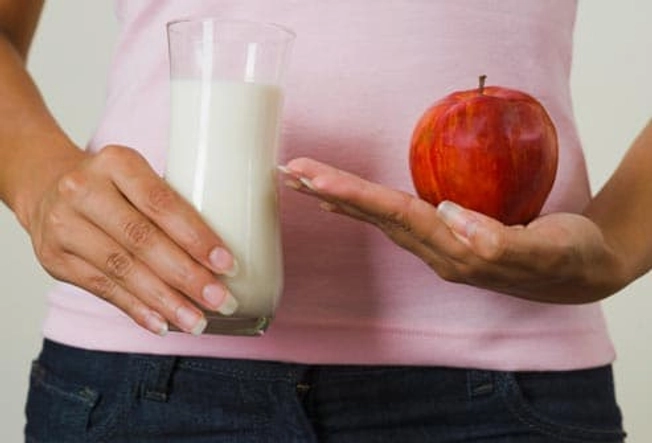
Eat Right for One
Soon enough you'll crave ice cream and pickles. Now, focus on eating well. You'll need lots of protein, iron, calcium, and folic acid. Stock up on fruits, nuts, veggies, leafy greens, whole grains, and low-fat dairy products. Cut back on chips, baked goods, soda, and other junk foods with empty calories. Ask your partner to join you to make it easier.
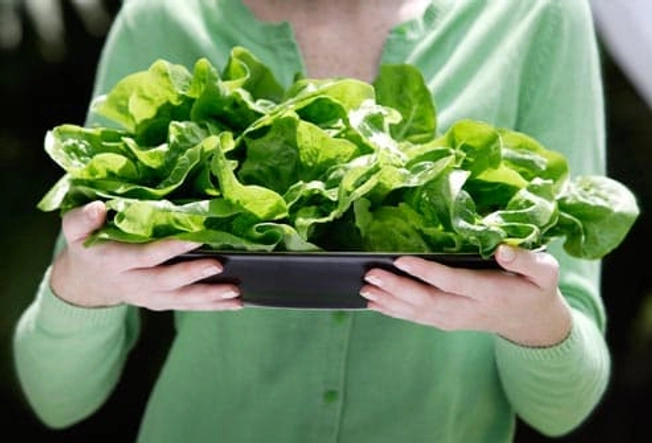
Take Folic Acid
It helps prevent serious birth defects that can happen before you know you're pregnant. This B vitamin is found in many foods, including leafy greens, citrus, and beans, but you'll probably need a supplement to get enough.
Start with a daily vitamin. When you're planning a pregnancy, you need 400 micrograms of folic acid every day, the amount in most multivitamins.

Watch Your Weight
Being too thin can make it harder to get pregnant.
Being too heavy can also cause problems: It raises your chances of diabetes and high blood pressure. It can also make labor last longer -- and you don't want that!
Talk to your doctor about what weight is healthy for you.

Get a Checkup
Want to share your plans? Start with your doctor. See them a few months before you begin trying to get pregnant. Ask about:
- Tests or vaccines you need
- Prenatal vitamins
- How to manage or control any health conditions you have
- Medicines you can and can't take during pregnancy
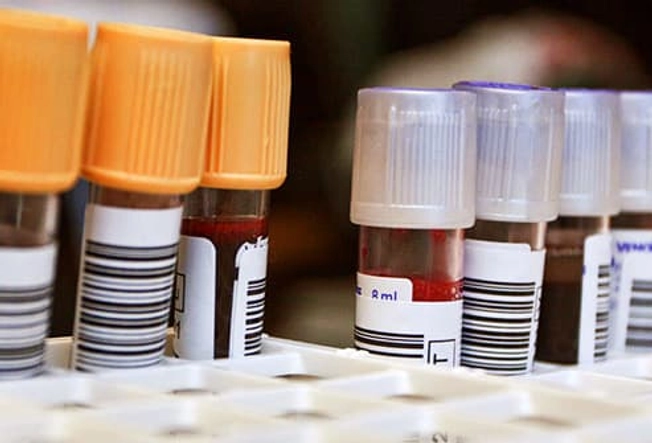
Genetic Counseling
There's no crystal ball to tell you whose eyes your baby will get. But your doctor might recommend preconception tests if your family history or ethnicity puts you at high risk of having a baby with a genetic disorder. A simple blood or saliva test can see if you carry genes for cystic fibrosis, fragile X syndrome, Tay-Sachs disease, or sickle cell disease.

See Your Dentist
If you're not a regular flosser, now's the time to make it a habit. It's good for your baby as well as your smile. Pregnancy raises your chance of gum disease, a health problem that may also make early labor more likely. So have your teeth cleaned and checked, and brush, floss, and rinse with an antiseptic mouthwash daily.

Cut Back on Caffeine
Some experts suggest you get no more than 200 milligrams of caffeine a day while you're trying to get pregnant and during pregnancy. That's about one 12-ounce cup of coffee or four 8-ounce cups of tea. Switch to decaf or try warm, spiced milk instead.
If you can't get going without your morning brew, just drink one and keep it small.

Quit Smoking
Among its other drawbacks, smoking can make it harder for you to get pregnant. And lighting up during pregnancy can raise the likelihood of problems like premature birth, low birth weight, and miscarriage. It also puts your baby at risk for sudden infant death syndrome (SIDS).
Ask your partner to quit, too. Secondhand smoke is also dangerous. And it may hurt their fertility as well.

Stop Drinking
Since you don't know exactly when you'll get pregnant, give up your adult beverages now. Drinking during pregnancy raises the chances for birth defects and learning problems. Alcohol can sometimes make it harder to conceive, too.
Don't panic if it turns out you had a beer or a glass of wine before you knew you were expecting. One drink is probably OK. But since doctors don't know what amount of alcohol causes problems, play it safe and avoid booze entirely.
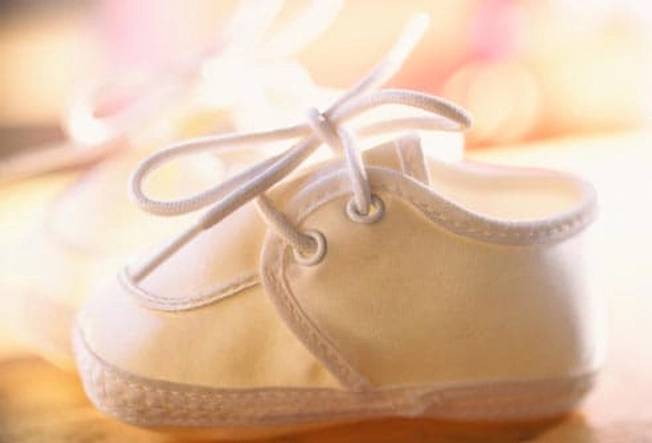
Budget for Baby
Infants need a lot of stuff. They go through about 8,000 diapers before they're potty-trained! You'll need clothes, a car seat, and a stroller, and maybe formula and bottles. Make a list of supplies and start looking now. Keep in mind, your expenses will also include doctor visits and possibly child care.
To stretch your dollar, consider gently used baby clothes, buying in bulk, and family day care.

Look Into Your Benefits
If you work, consider what you want to do once you've had your baby. Some companies provide paid time-off after you give birth. Others offer unpaid time-off. You may also be able to use sick days or vacation time before you go back.
Check your health plan, too, to see which doctors and hospitals it covers.

Plan Your 'Babymoon'
Now's the time for a grown-up getaway. Whether it's to a fancy restaurant or a relaxing beach, go somewhere solo or with your partner that you wouldn't take a baby. This is a good chance for some "me" or "we" time before you're too uncomfortable, you can't travel, and you're focused on being a parent.
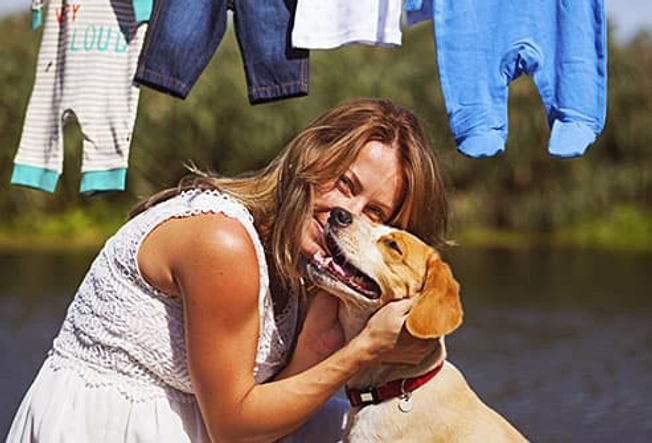
Prepare Your Pet
If your dog or cat has been your fur-child, a crying, cooing infant that suddenly shows up could make them upset or unsettled. Help them adjust now.
Bring baby supplies, including lotion and diapers, into the house so they can get used to the smells. Also set new rules, like staying off furniture or out of the nursery. Borrow baby clothes and pretend with a doll so your pet gets used to sharing your attention.